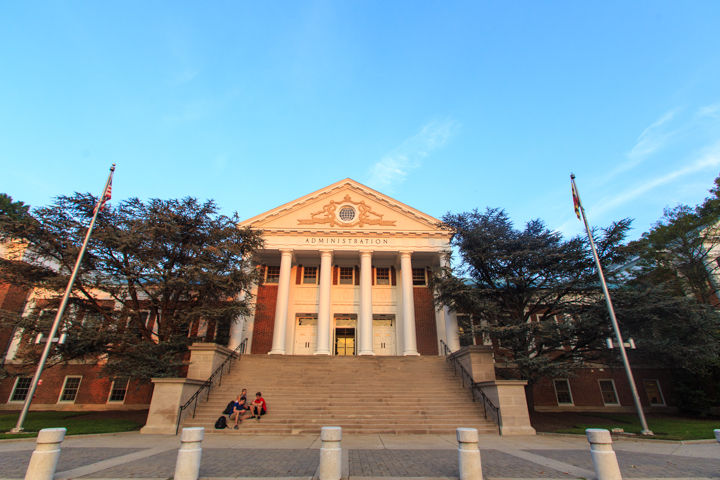Views expressed in opinion columns are the author’s own.
Considering how unnecessarily stressful the College Board made my life in high school, hearing that it’s being sued didn’t elicit many sympathy tears from me. Last week, a class-action lawsuit was filed against the College Board on behalf of students who ran into technical issues submitting answers in their online Advanced Placement exams.
The lawsuit asserts that the College Board, which also runs the SAT program, ignored warnings amid the coronavirus pandemic about problems regarding students’ access to technology, internet connection and quiet spaces, as well as a lack of accommodations for students with disabilities. In response, the College Board blamed students for any technical issues, citing outdated browsers or students not seeing messages announcing the end of the exams as the main causes.
The botched AP exams may seem like a small issue that only impacted a small fraction of students, but it represents a much larger problem with the College Board. Behind the veneer of its wonderfully humanitarian mission to “expand access to higher education,” the College Board perfectly embodies the inequity of college admissions.
What is the price of getting into college? Most universities in the U.S., including the University of Maryland, require an SAT or ACT score from students applying as incoming freshmen. The SAT with essay costs $64.50. The SAT subject tests cost $26 for registration, plus $22 for each subject test. AP exams — which often make students appear more competitive as applicants and allow them to earn college credit — cost $94. That doesn’t even include added costs for late registration, score verification services or sending scores to universities.
Beyond the exorbitant cost just to register for these exams, standardized testing only perpetuates the inequity the College Board claims to work toward ending. Wealthier students are more likely to be able to afford SAT test prep and private college advising. These services typically help students perform better on the SAT by building up their standardized test-taking skills. That’s a privilege that a simple SAT fee waiver can’t account for. In this sense, the SAT is not so much a test of intelligence as it is a test of socioeconomic status.
Perhaps the pinnacle of the College Board’s hypocrisy is its status as a nonprofit organization. According to its latest publicly available tax forms, the College Board makes about $1 billion in total revenue each year. David Coleman, its CEO, makes over $1 million per year. Sure, the College Board may legally qualify as a nonprofit. But in my eyes, it seems more like an organization that cares about expanding education exclusively for those who can pay the price.
I do find comfort in the fact that universities are generally moving toward a more holistic application process. The University of California recently voted to eliminate the SAT and ACT as admission requirements. Given the power and influence of the California school system, the move could push other public university systems to finally cut ties with the College Board.
I strongly encourage this university to follow suit. As long as universities continue to use standardized tests in admissions, we will not make meaningful progress toward equity in higher education.
Educational inequality is nothing new in America, but the College Board only exacerbates the problem. I laugh at the sheer irony of calling itself a nonprofit that advocates for equal opportunity for all students while consistently acting like a money-grubbing corporation with a virtual monopoly on the college admissions industry. And until universities fully commit to a holistic admissions process that excludes standardized testing, the College Board will be enabled to continue its pattern of hypocrisy.
Allison Cochrane is a rising senior biology major. She can be reached at allisonc@umd.edu.



